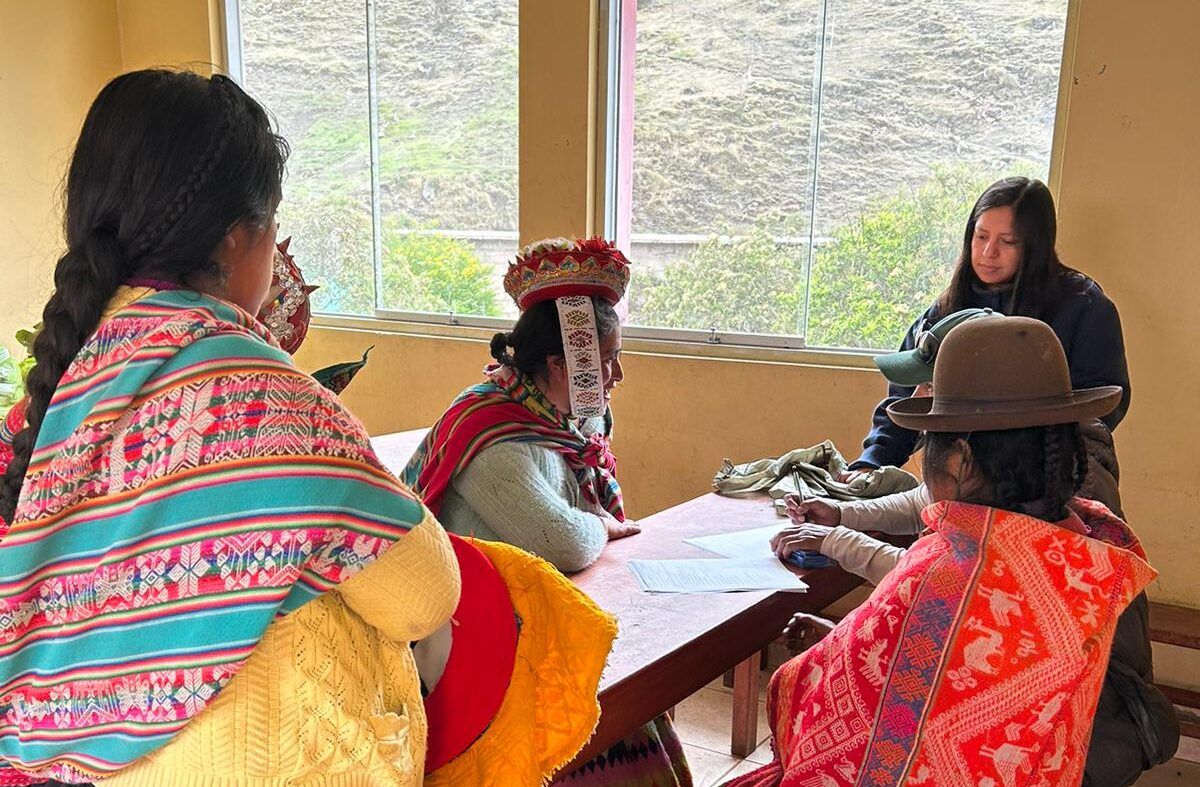
Array
(
[thumbnail] => https://s42831.pcdn.co/wp-content/uploads/2019/11/48989072546_f10c78b224_o-150x150.jpeg.optimal.jpeg
[thumbnail-width] => 150
[thumbnail-height] => 150
[medium] => https://s42831.pcdn.co/wp-content/uploads/2019/11/48989072546_f10c78b224_o-300x86.jpeg.optimal.jpeg
[medium-width] => 300
[medium-height] => 86
[medium_large] => https://s42831.pcdn.co/wp-content/uploads/2019/11/48989072546_f10c78b224_o-768x219.jpeg.optimal.jpeg
[medium_large-width] => 768
[medium_large-height] => 219
[large] => https://s42831.pcdn.co/wp-content/uploads/2019/11/48989072546_f10c78b224_o-1024x292.jpeg.optimal.jpeg
[large-width] => 1024
[large-height] => 292
[1536x1536] => https://s42831.pcdn.co/wp-content/uploads/2019/11/48989072546_f10c78b224_o-1536x439.jpeg.optimal.jpeg
[1536x1536-width] => 1536
[1536x1536-height] => 439
[2048x2048] => https://s42831.pcdn.co/wp-content/uploads/2019/11/48989072546_f10c78b224_o.jpeg.optimal.jpeg
[2048x2048-width] => 2000
[2048x2048-height] => 571
[gform-image-choice-sm] => https://s42831.pcdn.co/wp-content/uploads/2019/11/48989072546_f10c78b224_o.jpeg.optimal.jpeg
[gform-image-choice-sm-width] => 300
[gform-image-choice-sm-height] => 86
[gform-image-choice-md] => https://s42831.pcdn.co/wp-content/uploads/2019/11/48989072546_f10c78b224_o.jpeg.optimal.jpeg
[gform-image-choice-md-width] => 400
[gform-image-choice-md-height] => 114
[gform-image-choice-lg] => https://s42831.pcdn.co/wp-content/uploads/2019/11/48989072546_f10c78b224_o.jpeg.optimal.jpeg
[gform-image-choice-lg-width] => 600
[gform-image-choice-lg-height] => 171
)
How Better Policy Choices Could Help Governments Prevent Inequality-Driven Protests
In Chile, it was an increase in the price of a metro ticket. In Lebanon, it was a proposed tax on WhatsApp calls. In Ecuador, the match that lit the fire was the cancellation of a long-standing fuel subsidy at the demand of the International Monetary Fund (IMF). Throughout the month of October, protesters filled the streets of one capital city after another, from Quito to Santiago to Beirut to Baghdad. While the sparks that touched off the unrest varied from place to place, the underlying motivation—a sense of outrage at suffocating and structural forms of inequality and exclusion—was the same. Long-simmering frustrations over austerity, corruption, and reduced or failing public services erupted, and show no signs of dying down soon.

Nor is this dynamic limited to developing and middle-income countries. France saw a similar trajectory when President Macron’s 2018 reforms spurred months of gilets jaunes protests, and austerity likely played a role in the UK’s Brexit referendum in 2016. More than a decade after the great recession of 2008, and long since the Washington Consensus should have receded from view, it ought to be clear that we cannot build sustainable, flourishing societies on a foundation of austerity and inequality. Crumbs from the high table will not satisfy the demands of the protesters—nor should they, because key aspects of neoliberal policies like boilerplate fiscal austerity and capital account liberalization don’t work. The IMF’s own research has cast doubt on the efficiency and benefits of this approach to fiscal policy, while showing that these reforms can increase inequality and lead to political backlash. In fact, a growing number of countries that have heeded the lessons of recent decades are already taking innovative steps to address inequality. But too many governments are still failing to see that an alternative path is possible.
The example of Ecuador is instructive. On October 2, the IMF issued an anodyne press release celebrating a package of reforms imposed as conditions for a $4.3 billion-dollar loan. “The reforms announced yesterday by President Lenin Moreno aim to improve the resilience and sustainability of Ecuador’s economy and foster strong, and inclusive growth,” read the boilerplate statement—one quickly overshadowed by the tens of thousands of citizens who took to the streets in a remarkable uprising in Quito and other cities and towns across the country. Trade unions, indigenous movements, students, and environmentalists all joined the protests—and forced the government to back down.
It’s certainly true that fuel subsidies are a regressive form of expenditure that addresses neither the long-term needs of the public, nor the environment—especially in the context of the climate crisis. However, in Ecuador they also represent the customary entitlement of forty years, a subsidy that makes the cost of living bearable, and something which is priced into the day-to-day calculations of survival and investment by Ecuador’s citizens. Ending the subsidies caused gasoline prices to skyrocket, and although such subsidies generally benefit the middle classes most, the immediate impact of their removal was felt most keenly by the rural poor and indigenous population. Supporters of the package insisted in script-like fashion that it was necessary and inevitable. But if it was intended to shift Ecuador towards renewable energy, why did Moreno choose to bypass the social movements that might have helped construct the political terrain where alternatives to the fuel subsidy could have been discussed?
The way Moreno communicated about the reforms also inflamed popular resistance. Mirroring the IMF’s language, Moreno presented them as a technocratic necessity. Yet these reforms could hardly be more political: their emphasis on privatization, financial deregulation, and informalization of the labor market strike at the very heart of the social contract in Ecuador. To make matters worse, they came at a time when the economy is shrinking and inequality is on the rise. Moreno’s tone suggested disdain for the plight of excluded citizens—when he stated “the zanganería (the era of the drones) is over,” his invocation of a term used by the rich to denigrate the poor and working class as lazy and feckless understandably inflamed tensions.
On the heels of the Ecuador protests, Chilean president Sebastian Pinera stumbled into a similar trap. Having presented the country as an oasis of calm a week before student-led fare evasion protests over the metro price erupted in mid-October, he initially condemned the demonstrators in harsh terms and oversaw a violent police response before calling in the military to restore order. In return, millions more took to the streets to condemn the government—and what started with anger over a transit fare increase became a broad expression of public frustration with the rising cost of living, austerity-ravaged health and pension systems, and other forms of social and economic inequality in Chile.
Both Moreno and Pinera were forced to backtrack, at least rhetorically—promising to revoke some of the controversial measures that kicked off the protests, acknowledging that their governments need to do more to meet the needs of ordinary citizens, and even suggesting policies (such as wealth taxes) that they previously derided as impossible. What these leaders ought to do now is take a look at countries that have already realized that practical solutions to addressing inequality and exclusion exist, and found ways to make them politically viable.
For example, Ecuador might consider Indonesia’s approach to shifting away from decades-old fuel subsidies towards more progressive forms of social spending. The Indonesian government introduced the reforms at the height of its political mandate shortly after its election, gradually reduced the subsidies over the course of years—as suggested by the IMF’s own recommendations—and directly linked the reduction of the fuel subsidy with cash transfers which laid the foundations for an incipient social protection system. The reforms included both universal social services (health and education) as well as targeted programs (household and community-based), making the latter more politically palatable. Indonesia’s constructive approach involved democratic consultation, careful sequencing and timing, and the appropriate combination and integration of programs. The Indonesian government also consistently emphasized rhetorical framing, which helped to generate social acceptance and popular support for the reforms.
Many countries are also embracing progressive fiscal policies, which show promising signs of being effective at raising revenue—for example, the temporary wealth taxes in Argentina, Iceland, Portugal, and Spain. Mexico is publishing and reducing tax exemptions, while Latvia has replaced flat taxes with more progressive income taxes. Portugal linked a property tax increase to accurate reevaluations of property values, and South Africa introduced withholding taxes on turnover to increase revenue from sectors making excessive profits or marked by speculation. The members of the West African Monetary and Economic Union (UEMOA) are developing regional tax policy coordination to prevent a race to the bottom on corporate and income tax. These fiscal reforms, in turn, allow for progressive investments: like community regeneration projects in neglected urban settings in Mexico City; social programs that both provide for and empower beneficiaries in Indonesia; and public support for cooperatives which transform habitats, broaden citizen participation, and deepen democracy in Uruguay.
These countries are recognizing that addressing inequality is essential to maintaining social peace—and ensuring sustainable prosperity. The time is ripe for them to share the lessons they’ve learned and promote opportunities for action. Instead of listening to the ideologues who continue to preach austerity, the leaders of countries like Ecuador, Chile, Lebanon, and Iraq—and France and the UK—should learn from these examples, and offer their citizens a better deal than the failed programs of the past. The unrest we’ve seen in the streets over the last month isn’t likely to end until they do.
More Resources
Stay Connected
Subscribe to our newsletter and receive regular updates on our latest events, analysis, and resources.
"*" indicates required fields



